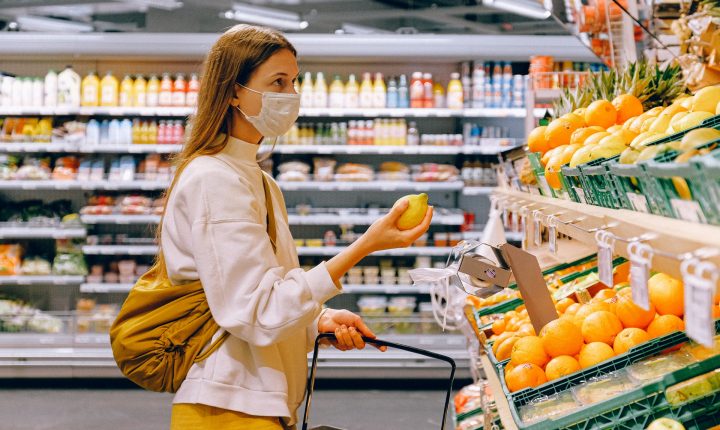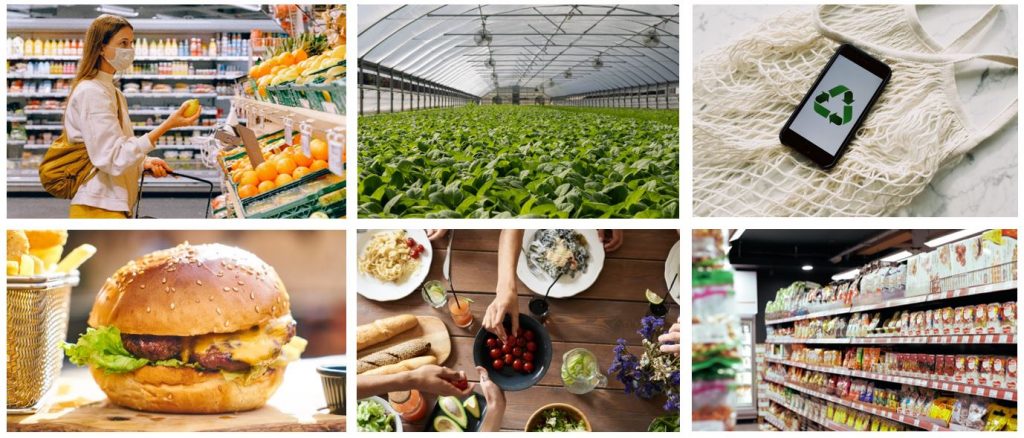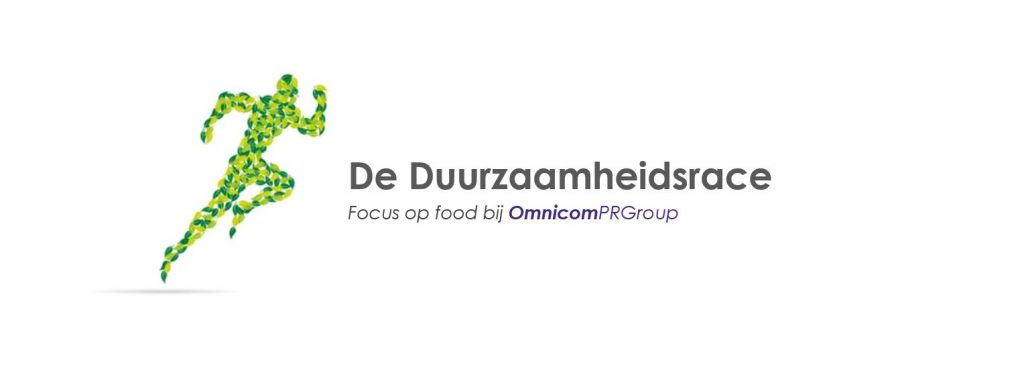Food sector positive about its own 'green' communication, but modest about sustainable performance
June 10, 2021

Sustainability Race research provides insight into the drivers, perceptions and approach of sustainability policy among Dutch food producers
- Unique Dutch research shows difference between communication about sustainability and actual sustainability approach at food companies, as experienced by senior management and staff members.
- Majority of Dutch food producers (53%) see themselves as ‘average’ when it comes to sustainable practices and more than a quarter say their company is lagging behind.
- Employee knowledge of sustainable business goals and concrete sustainability policies often also lags behind.
- A sustainability approach is particularly effective if it is tangible and easy to communicate. Complex matters are less common on the overall business agenda.
June 8, 2021, Amsterdam – There is a growing interest among the Food & Agri consultants at Omnicom PR Group (OPRG) regarding the different speeds of sustainable development among global food-producing brands. Why does one company become more sustainable faster than the other and what are the influencing (f)actors? An additional trigger was the departure of Unilever’s CEO Polman and more recently Danone’s CEO Faber during their actively communicated sustainability policy. This Sustainability Race study is taking place for the first time in the Netherlands, from the perspective of communication and reputation, among 282 co-decision makers at Dutch food producers*. The initial survey, which was completed in March 2021, provides a great deal of information for further exploration in the upcoming roundtable discussions; what is involved in the communication about food production sustainability and can communication help speed this up? How consumers experience sustainability communication has been researched before, but how companies experience their own green communication gives us, for the first time, instructive insights that we can all benefit from.
Focus on the tangible
The definition of ‘sustainability’ is experienced as broad and fragmented within the food sector. Among the wide range of sustainability aspects, and what they mean for a food company, recyclable packaging and less waste are mentioned by 40% of the respondents as the most important. These are appealing sustainability improvements that can easily be made tangible, both as a solution and in communication. Topics that are also circulating in the media as crucial sustainability aspects – local and fresh, support local communities, less international transport, organic or less animal protein – are placed at the bottom of the list with less than 10% in the survey as important sustainability aspects in the food company where one works. A holistic and sustainable overview of the chain as a whole is also rarely mentioned.

Important but not yet in reach
73% of the respondents indicate that they believe sustainability is important. With a score of 7.5 out of 10, there is also a high degree of satisfaction when it comes to the attention paid to sustainability and communication about sustainability in their own company. At the same time, 53% personally appear to have relatively little knowledge of their company’s sustainability goals and concrete policy; 24% of the respondents are completely unfamiliar with the sustainability policy at work. Sustainability is admittedly seen as an important topic, and also as a collective goal, but in terms of responsibility people quickly look at others and less at themselves, with 31% saying they see no role for themselves in sustainability efforts.
Although the corporate sustainability communication is well assessed, there still appears to be doubts about the actual actions being taken regarding sustainability. The majority of respondent (53%) see their own company as a ‘middle engine’ and more than a quarter see their employer as lagging behind or are unable to name the position of their own food company on sustainability.
The role of the CEO determines the approach
The CEO is also perceived as a main driver of sustainability. Half of the participants think their CEO has an inspiring, credible vision. About 38% also think that their CEO shows ‘stimulating exemplary behaviour’. It therefore seems that the CEO is seen less as an internal driver, but more so as someone that converts vision into concrete goals and actions.
Experiencing barriers
There is a divided perception of obstacles to external communication about sustainability policy; 48% say they do not experience any obstacles to being open about their own sustainability actions. The other 52% see ‘no time’, ‘no money’ or ‘no facts available’ as the most frequently mentioned obstacles to actively publicizing their sustainability policy and actions. This is a point for follow-up research because if priority would be given to these perceived obstacles by, for example, deploying more staff, more budget and more foot printing systems that generate facts, people would no longer find these obstacles.
The influence of shareholders/financiers and cooperation in the chain are also rated low on the list of perceived obstacles to communicating about sustainability. However, these topics are regularly mentioned in the media as complex drivers of sustainability policy and therefore sustainability communication. This also provides reason for further research. The top three biggest drivers of sustainability mentioned are: pressure from the entire chain, pressure from legislators and consumer pressure.
Aspiration and next steps
Campina, Unilever, Tony’s Chocolonely, HAK, and Arla lead the list of companies that respondents indicated communicate well and actively externally about their sustainability policy. The respondents also indicated that their own sustainability policy can be further accelerated and 70% think that providing information and communication can help with this.
OPRG will continue with the Sustainability Race study. Jeannot Waaifoort, Business Director Food & Agri at OPRG: “Food producers are experiencing increasing pressure from consumers and regulators and will benefit from exploring which aspects are the real drivers of sustainability and whether communication can serve as a catalyst to inform, inspire and connect. Internally and externally, for the future of the planet and a healthy business.”
Due to the widely felt ‘mid-range’ perception, the business question arises: is an average performance still sufficient in 2021, when it comes to our planet, our food, and our future?

* Survey commissioned by Omnicom PR Group by DVJ Insights in February/March 2021 among 282 directors, managers and staff members working within food producing companies in the Netherlands.
Photo by Anna Shvets from Pexels.